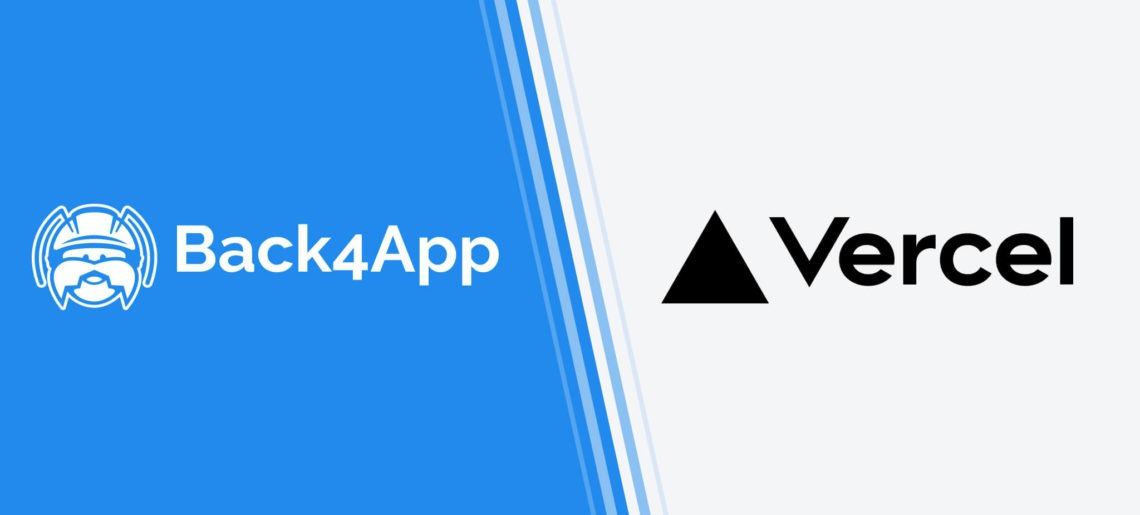The number of startups is increasing every year. In the United States, 804,398 new businesses came into existence in last year, according to Statista.
This ratio was only 733,825 in 3 years ago. So, we can say more and more entrepreneurs are testing their business ideas regularly. However, starting a new business with solutions and resources is not enough.
The election of the right app development frameworks and languages is also important, mainly if you are architecting a tech venture.
This article is manifesting one of the best development frameworks with the necessary details to help startups in this decision making.
Read More



